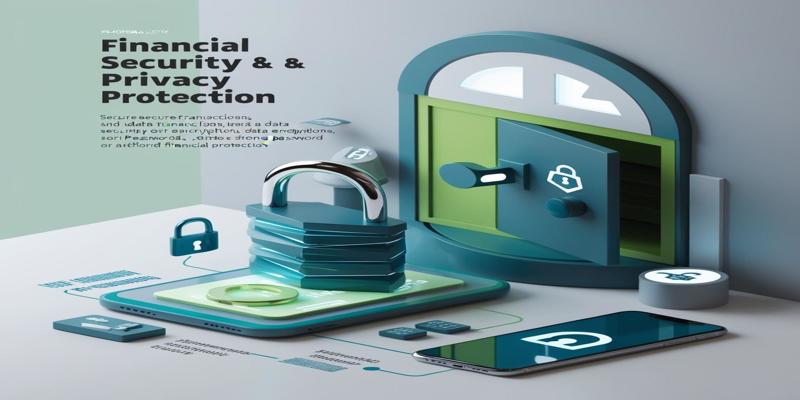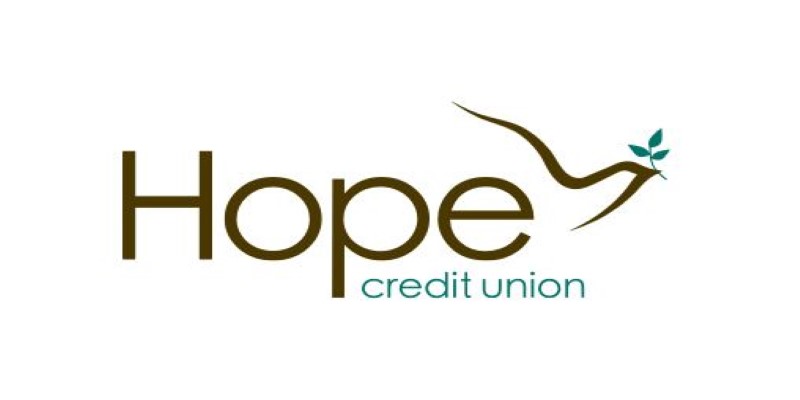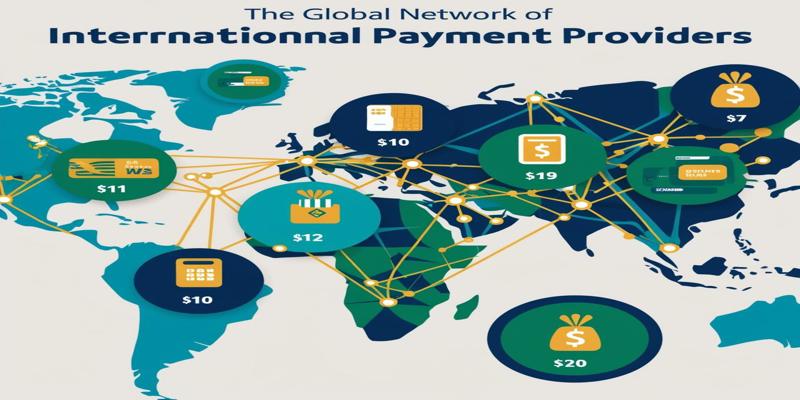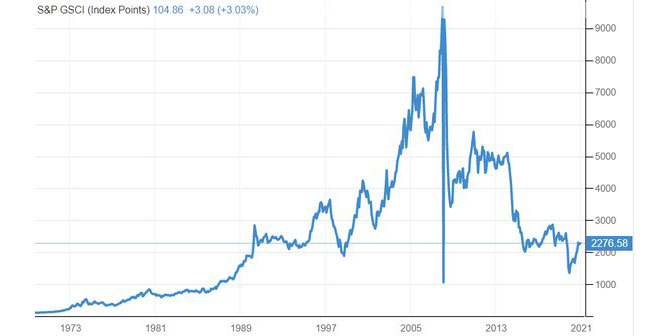Keeping Your Cash Safe and Preserving Your Privacy
Dec 11, 2024 By Susan Kelly
In this digital age, nothing has been more significant than protecting your financial assets and personal data. With the new inventions in cybercrime, you have to be on your toes and work positively to secure your money and privacy.
Keeping Your Financial Information Secure

It is more critical today than ever that financial information be adequately protected. Adopting strategic measures can significantly decrease the risk of identity theft and financial fraud.
Create Strong, Unique Passwords
One of the most critical ways to protect your financial information is to have strong, unique passwords for all accounts. Longer is better. Combining uppercase and lowercase letters, numbers, and symbols makes it more resistant. Consider using a good password manager to create and store these complex passwords.
Enable Two-Factor Authentication
Two-factor authentication, or 2FA, can be enabled to give your accounts extra security. It involves using a secondary means of verification, such as a code sent to your phone in addition to your password. By applying 2FA, you can considerably reduce unauthorized access to your financial accounts.
Be Cautious with Public Wi-Fi
Avoid using public Wi-Fi when accessing sensitive financial information as much as possible. Most public Wi-Fi is unsecured and thus susceptible to hacking attempts. In its place, you can use your mobile data or wait until you can get to a secure, private network before logging into your different financial accounts or making any transaction.
Regularly Monitor Your Accounts
Monitor your bank and credit card statements for suspicious transactions. Sign up for account alerts that will help you track account activities and check on your credit reports periodically for any suspicious activity. This way, you can catch these suspicious activities sooner rather than later.
Protecting Yourself Against Identity Theft

Safeguarding Personal Information
One's identity is the protection in this digital world. Safeguarding your Social Security number:
- Refrain from carrying your Social Security card.
- If someone asks for the number, think carefully about why the person needs it.
- Save sensitive documents safely: Shred them if you do not need certain documents with personal information.
Strengthening Your Digital Defenses
Create strong, unique passwords for every account. Consider authenticator apps to help build extra layers of security. Protect your devices with up-to-date antivirus software and active firewalls. The risk: Use public Wi-Fi with caution. Crooks can gain access to your data while you are enjoying that caf or hot spot.
Monitoring Your Accounts and Credit
Periodically review your financial statements and credit reports for suspicious transactions or accounts. Put a security freeze on your credit reports to restrict who can access them and prevent new accounts from being opened in your name.
Taking Action if You Suspect Identity Theft
Securing Your Online Privacy
Privacy in the virtual aspect is paramount in today's modern world. Strong security measures guard sensitive information from curious eyes and prevent possible dangers.
Strengthen Your Digital Defenses
Create robust and unique passwords for every account. A password manager can help you keep a record of such robust credentials. Two-factor authentication on critical accounts is necessary, but you may also use an authenticator app over SMS.
Minimize Your Digital Footprint
Limit the number of applications on your devices, selecting browser-based services when you can because applications often have broader access to your data. Periodically review the privacy settings on social networking sites to control who can access your profile and posts. Consider using location-based information in photos and posts to show your location.
Protect Your Online Activities
Consider using a Virtual Private Network to mask your location and encrypt your internet traffic when on public Wi-Fi. Use private browsers like Firefox or Brave, which have more protections than the general public. Use private search engines like DuckDuckGo that don't track or store your searches.
Safeguarding Your Accounts and Transactions
Implement Strong Security Measures
Good security practices are the foundation of securing your financial accounts. Turn on multi-factor authentication for all your accounts, adding another layer of protection. Use strong and unique passwords for each account and change them regularly. Keep your devices and software updated with the latest security patches to prevent vulnerabilities.
Monitor Your Accounts Vigilantly
Periodically review your account activity to detect and respond to suspicious transactions or other unauthorized account activity. Set up alerts that notify you of key account activities, such as new payments or user entitlement changes. INTRUST Bank says that security features like Check Positive Pay and ACH Positive Pay automatically flag fraudulent transactions for your review to deny their processing.
Frequently Asked Questions on Protecting Your Money and Privacy
What is personally identifiable information (PII)?
Personally identifiable information, or PII, is sensitive information that may be used to identify, locate, or contact an individual. Examples of PII include social security numbers, financial account numbers, and biometric records. Inappropriately used PII may pose the risk of social, economic, or physical harm to the individual and may also impose administrative and financial burdens on organizations.
How can I protect my personal information online?
To safeguard your data online:
- Keep the software on your devices up-to-date
- Secure your home Wi-Fi network
- Use strong, unique passwords and enable two-factor authentication
- Be wary of phishing attempts via email, text, or phone
What should I do if I suspect my identity has been stolen?
If you suspect you are a victim, contact the Federal Trade Commission immediately and complete the recommended steps on their website to minimize any damage caused by identity theft. File a complaint with IdentityTheft.gov so that you can take steps to recover as quickly as possible.
How does the government protect my privacy?
Privacy Act of 1974 The Privacy Act governs the collection, maintenance, and use of PII by federal agencies. The Act requires openness, including the right to access and correct records; it also calls for restrictions on disclosure without the subject's consent. Furthermore, the GovernmentGovernment publishes System of Records Notices (SORNs) in the Federal Register that notifies the public about the PII maintained in its records system.
Conclusion
Safeguarding money and maintaining personal privacy in today's digital space requires proactive and alertness. Use strong passwords, enable two-factor authentication, regularly monitor one's accounts, and be informed about releasing personal information into cyberspace.








